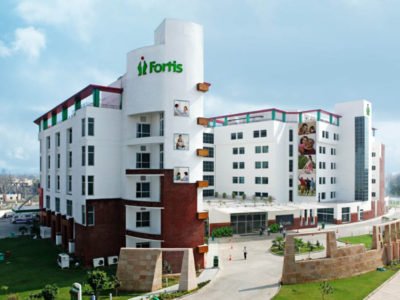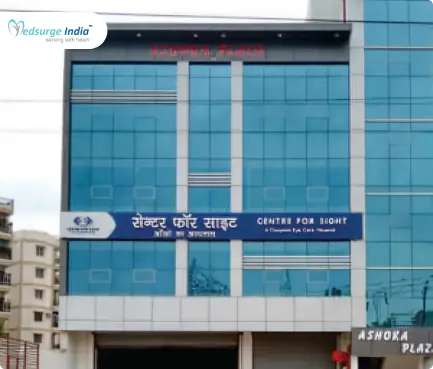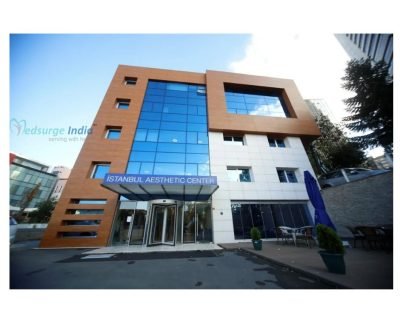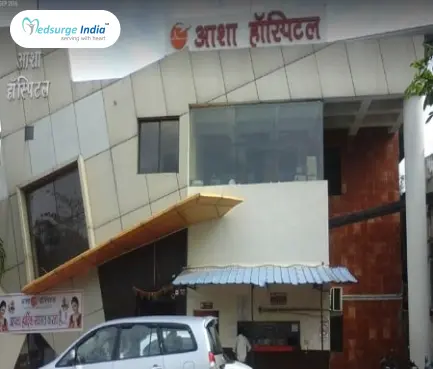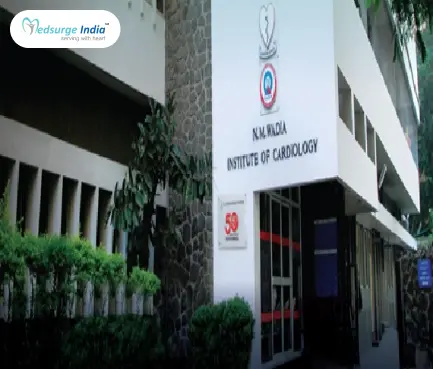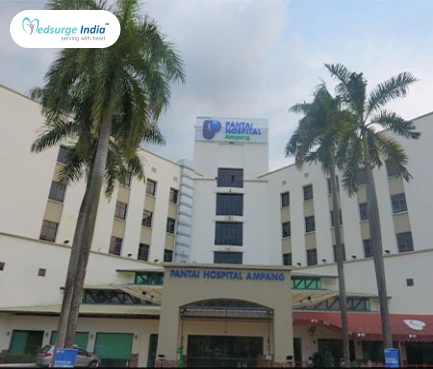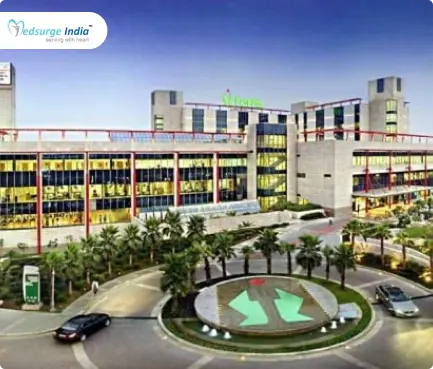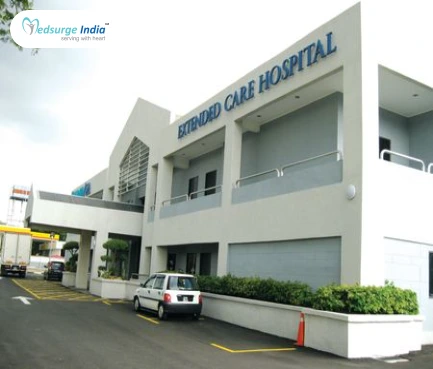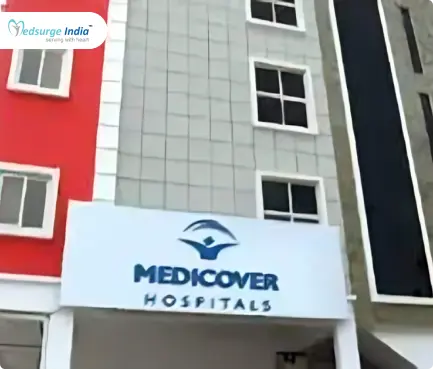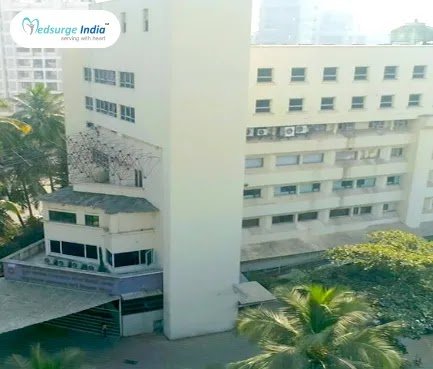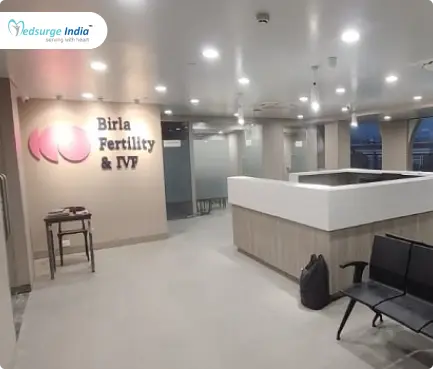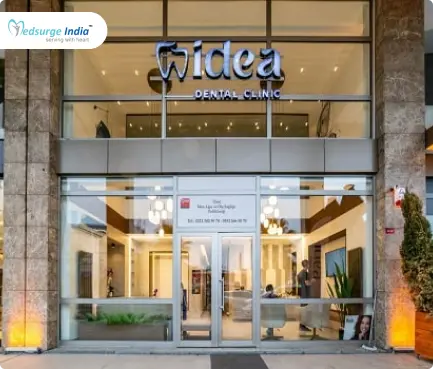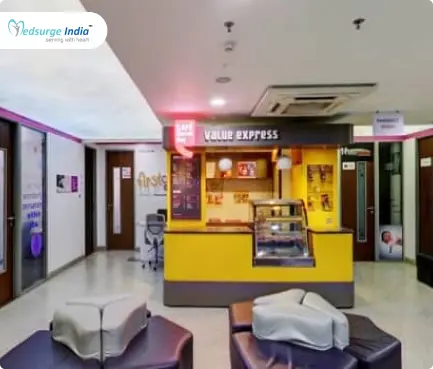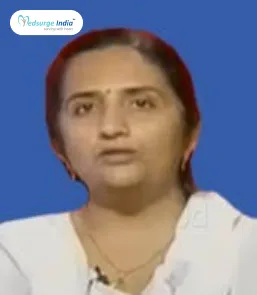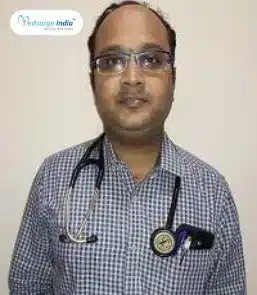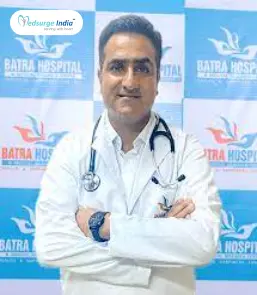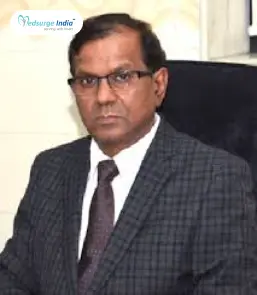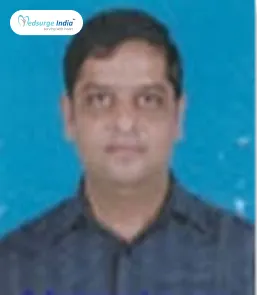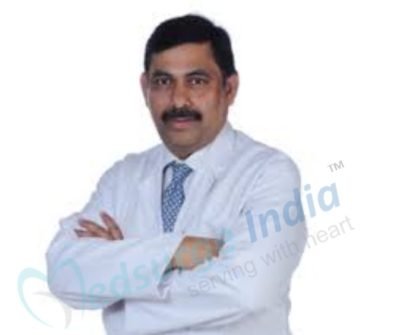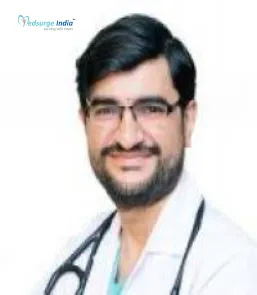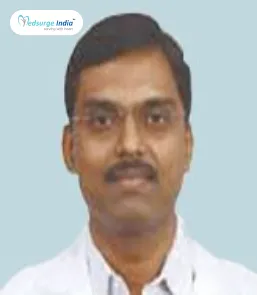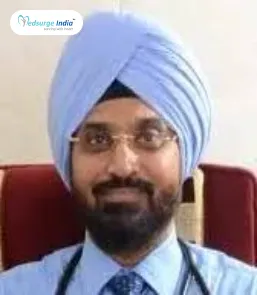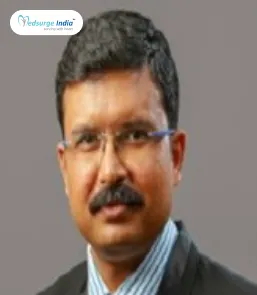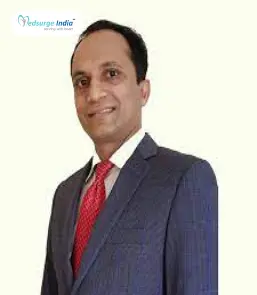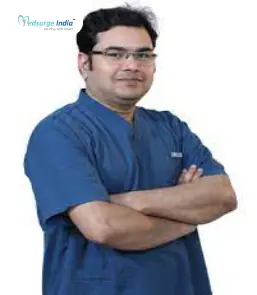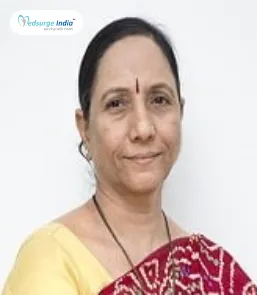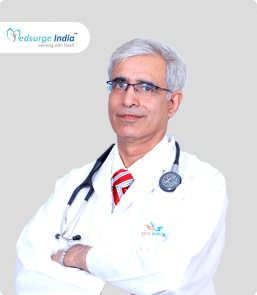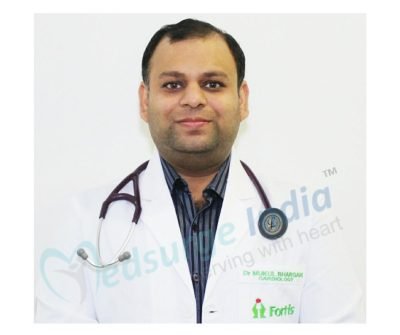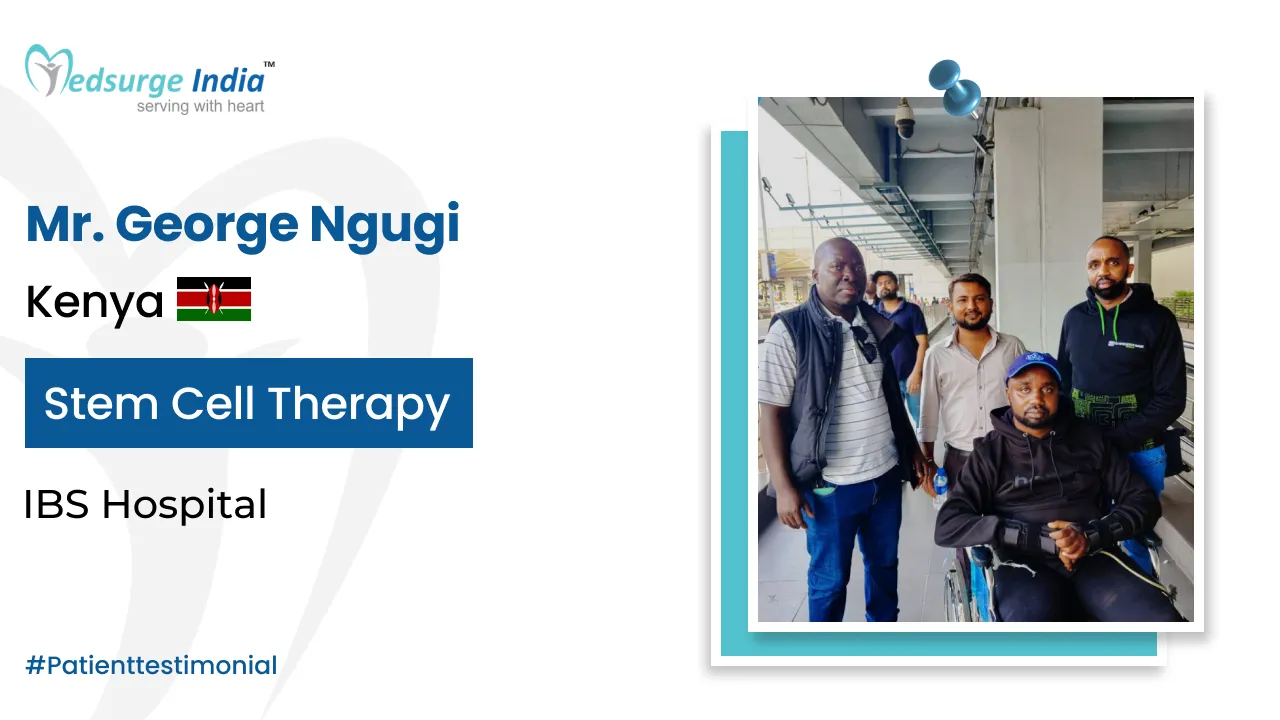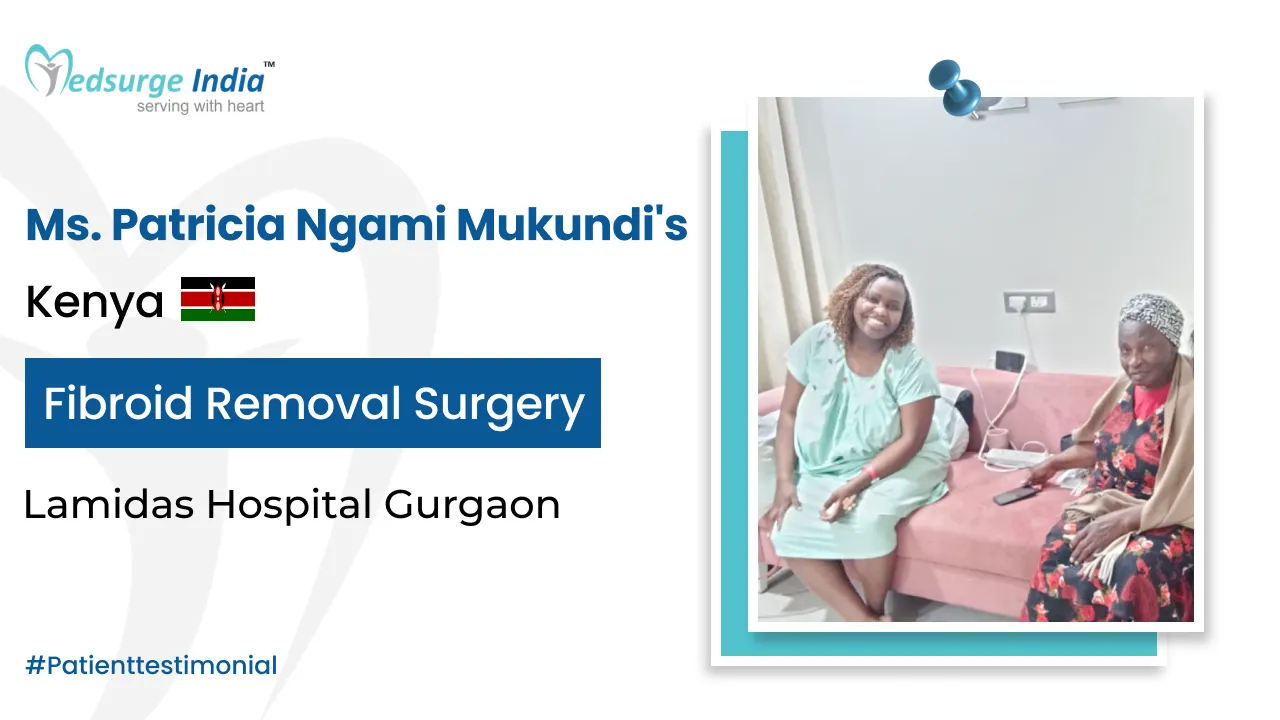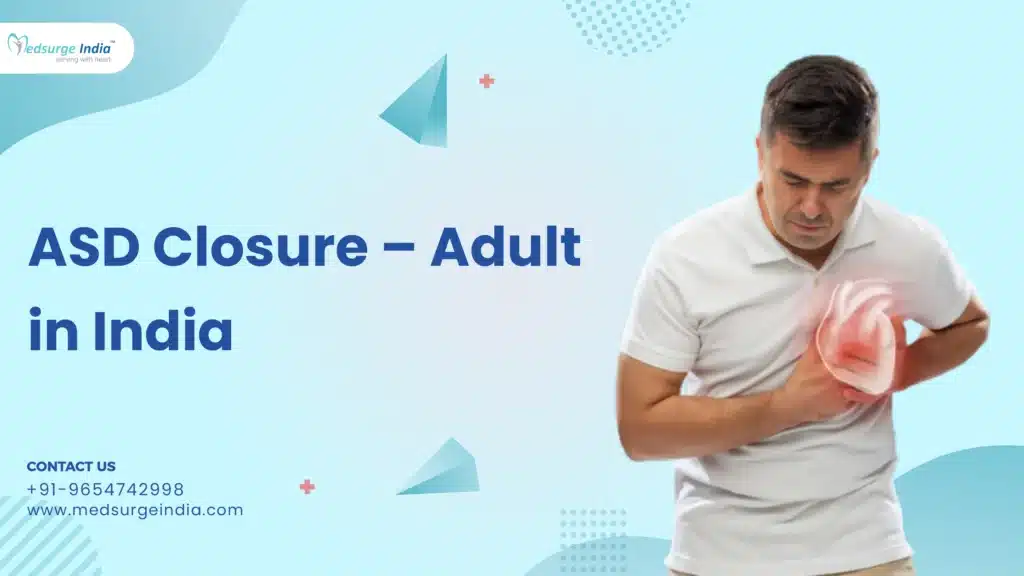
Atrial Septal Defect (ASD) is a frequent kind of congenital heart disease occasionally known as a hole at the center where there is an abnormal opening in the wall between the upper chambers (left and right atria) of the heart.
These often will shut by themselves by college age. Patients with moderate-size flaws might have no difficulties till their middle age and patients with smaller flaws can lead a full healthier life before being aware of it. ASD is easily mended with minimally-invasive tactics or surgical procedures.
Signs and Symptoms of ASD
Patients with ASD normally have a Heart murmur. Based upon how big the atrial septal defect patient can experience symptoms such as:
- Breathlessness
- Fatigue
- Poor appetite
- Heart palpitations
- A decrease in exercise ability
- Cyanosis
Diagnosis and Tests for ASD
- Physical Evaluation: About auscultation patients with ASD usually have a heart murmur
- Chest X-ray: The hearth Can be enlarged
- Echocardiogram: An echo can show the pattern of Blood Circulation through the atrial septal opening and Then Ascertain the opening’s Dimensions
- Electrocardiogram (ECG ): Testing for Electric Action of the heart, Reveals arrhythmias
Treatment for Atrial Septal Defect Closure
Is based on the size, location, and seriousness of the flaw. Quite smaller ASDs may not require any therapy, except follow-up visits for monitoring. Medium-to-large-sized ASDs may require closure by apparatus or surgical correction. Various kinds of processes could be performed for ASD closure:
Open Surgery for ASD:
- Surgery is performed to fix the flaw, surgical closure of an ASD entails shutting the defect with a patch under direct visualization.
- The process is performed under general anesthesia.
- Patients are encouraged with a heart-lung machine.
- ASD is approached via an opening in the ideal atrium.
- Smaller ASDs may just be closed with a suture. For bigger ASDs, a patch is generally utilized to close the gap.
Minimally Invasive Surgery for ASD repair
- The process is performed under general anesthesia.
- Providers perform the surgery by creating only a little 4-6 cm incision in the chest rather than the massive midline incision.
- The heart-lung system is utilized allowing the heart to be stopped for the stitching of this patch.
- A gentle retractor is inserted, which softly opens the distance between the ribs, allowing the insertion of technical minimally invasive instruments.
- An endoscope is added which provides a high-resolution picture of the heart along with the ASD.
- Working with this technique patients recover faster, and the minimum scar will be hardly visible after the patient recovers.
Helpful – Atrial Fibrillation Treatment Cost in India
After Surgical Repair
- The patient was hospitalized for 3 to 4 days following the operation.
- The incision place might feel tender numbness, itchiness, and tightness around the incision area.
- Following the surgical ASD fix, the key medical concern is the healing of the chest incision.
- The first couple of days in the home should unwind by doing quiet activities like sleeping, reading, and watching TV.
- It requires approximately 6 weeks to get a chest incision to heal and be ready to go back to regular activities.
ASD Closure- Adult Cost in India
On average ASD Closure- Adult Cost in India starts from 5200 USD. This typically includes necessary preoperative tests, consultation with the doctor, and the treatment itself. However, please note that accommodation and transfers are not included in this cost.
Cost of ASD Closure- Adult in Different Cities in India
| Cities | Starting Price |
| Delhi | USD 5200 |
| Gurgaon | USD 5300 |
| Noida | USD 5200 |
| Mumbai | USD 5400 |
| Hyderabad | USD 5200 |
| Chennai | USD 5200 |
| Kolkata | USD 5200 |
| Bangalore | USD 5600 |
Note: Keep in mind that the aforementioned cost provided is solely for the treatment. The overall cost of ASD Closure- Adult in India will be determined based on several factors.
Watch Video – https://www.youtube.com/watch?v=GTYTqTZ9JJc
Get Free Cost Estimation
Procedure
ASD Closure Surgery Procedure
Before Procedure
- Medical history was noted and a clinical evaluation of the child was conducted.
- Advised overall evaluations to test for fitness of operation.
- Counseled Concerning the Process.
During Procedure
- Normally performed in the cardiac catheterization laboratory.
- Final the defect utilizing a catheter inserted through the bloodstream vessel.
- The catheter is put in the ideal femoral vein and guided into the ideal atrium.
- When it’s in the ideal location, 1 disk opens up since the unit is transferred from the catheter. The tube part plugs the hole along with another disk that opens upward on the other side of the pit.
- To imagine the catheter a kind of X-ray known as fluoroscopy is utilized.
- When the unit is set up, the catheter is pulled outside.
After Procedure
- Usually overnight hospitalization for tracking to make sure no complications.
- The patient discharged following day following analysis and retained on an antibiotic.
- Subacute bacterial endocarditis prophylaxis is suggested for six months or before complete closure is acquired.
- A cardiologist can advise some bodily action restrictions for a brief moment.
- There is a small risk of blood clots forming on the closed apparatus while fresh tissue heals it over, Medications are given to prevent blood clots.
- Follow-up appointments following the closed, making certain the ASD is correctly closed.
Complications of ASD Closure
- Bleeding
- Infection and
- Displacement of the blocking device from where it was placed
- Transient Arrhythmia
- Allergic reaction to the device
- Clot formation
Prognosis of ASD closure
The long-term prognosis of ASD closure is good and generally, no extra surgery or catheterization is required, but routine observation with tests such as echocardiography, ECG, pressure test, etc is vital.
Factors That Can Affect ASD Closure- Adult Cost in India
Various factors can affect the cost of ASD Closure- Adult in India. Your budget is greatly impacted by numerous elements that fail under pre and post-treatment costs. Below are the various factors that can affect the cost of ASD Closure- Adult in India.
- Medication costs: Certain medicines can influence the overall cost of ASD Closure- Adult.
- Patient Condition: The complexity of the disease along with the patient’s overall health can affect the duration of treatment, impacting the cost.
- Duration of treatment: Longer treatment courses involving multiple visits can lead to higher cumulative costs.
- Geographical location: Cost can vary widely depending on the region in India.
- Hospitalization expenses: The length of hospital stay and the level of nursing care required by the patient can add to the treatment expenses.
- Government policies and subsidies: Government healthcare schemes and subsidies can reduce out-of-pocket expenses for patients, affecting the affordability of ASD Closure- Adult.
- Medical tourism packages: Curated packages for international patients can include various services at a bundled cost, influencing the overall expense of treatment in India.
- Hospital reputation and infrastructure: Prestigious hospitals with state-of-the-art facilities may charge more for their services.
- The expertise and experience of medical professionals: Cardiac surgeons with extensive experience and recognition often command higher fees, contributing to the treatment cost.
- The type and frequency of diagnostic procedures: Regular monitoring with advanced imaging and laboratory tests can increase treatment costs due to the high price of these diagnostic methods.
- The choice of treatment modality: Opting for newer or more advanced treatment options or precision medicine can be more expensive than traditional approaches.
Treatment for ASD Closure- Adult Cost in India offers exceptional medical services and facilities to patients who come to India for treatment. Also, the facilities in India rival those of well-known healthcare centers worldwide. Accommodation, meals, and transportation expenses are also covered. Furthermore, a foreign patient can save up to 30-40% of the ASD Closure- Adult cost in India when compared to their native countries.
Know More – Top 10 Cardiologists in India
The Most Important Frequently Asked Questions
Q: Is the Diagnosis of ASD Fatal?
A: Not really, Atrial Septal Defects are the most benign congenital heart defects. A small percentage may become smaller over time and shut on your own. Otherwise, they may be shut by the cardiologist using a device or from the surgeon.
Q: What Are the Types of Atrial Septal Defects?
A: There are different types of ASD defects:
- Ostiumsecundum atrial septal defect- It is the most common type of ASD.
- Ostiumprimum atrial septal defect.
- Sinus venosus atrial septal defect.
- Coronary sinus atrial septal defect.
Q: What Are the Causes of ASD?
A: There is not any obvious reason behind ASD through Genetic defects may play a part.
Q: What Are the Long-term Complications of Atrial Septal Defect?
A: Patients who have significant ASD Often experience complications like:
- Pulmonary hypertension
- Atrial arrhythmia
- Right-sided heart failure
- Stroke
Q: Is Atrial Septal Defect Life-threatening?
A: It depends upon:
- Very small flaws of (less than 5 millimeters or 1/4 inch) are far not as likely to cause difficulties.
- Larger flaws can cause moderate to life-threatening issues such as Right-sided heart failure, stroke, etc.
Q: When Can the Catheter Technique Not Be Used in the Treatment of Asd?
A: Open Operation Ought to Be Favored in Therapy when:
- The size of the ASD is big or place uncommon.
- Or if there are additional related heart defects.
Top Hospitals for ASD Closure – Adult in India
Top Doctors for Cardiology And Cardiac Surgery
Dr. Kinjal Bakshi
Senior Consultant
Experience: 25+ years of experience
NH MMI Narayana Superspeciality Hospital, Lalpur, Raipur
Raipur, India
Dr. Pawan Zutshi
Consultant
Experience: 11 years of experience
Metro Hospital and Heart Institute, Noida
Noida, India
Dr. Rangaraja
Consultant DM, MD, MBBS
Experience: 35 years of experience
Fortis Hospital, Bangalore (Cunningham Road)
Bangalore, India
Dr. K Dhamodaran
Experience: 20 years of experience
Prashanth Multi Speciality Hospital Chennai
Chennai, India
Dr. Harmindar Singh
Senior Consultant
Experience: 39+ years of experience
Family Care Hospital, Mira bhayandar
Mira bhayandar, India
Dr. Sukanta Kumar Behera
Experience: 26+ years of experience
NH Rabindranath Tagore International Institute of Cardiac Sciences, Kolkata
Kolkata, India
Dr. Harikrishnan Parthasarathy
Consultant
Experience: 25 years of experience
Apollo Specialty Hospital Vanagaram, Chennai
Chennai, India
Dr. Soumyajit Ghosh
Consultant
Experience: 7 years of experience
Medica Superspecialty Hospital
Kolkata, India
Dr. Rajiv Bajaj
Senior Consultant
Experience: 25+ Years of experience
Batra Hospital & Medical Research Centre
New Delhi, India
Dr. Mukul Bhargava
Interventional Cardiologist, Consultant, DM, MD, MBBS
Experience: 9 years of experience
Fortis Memorial Research Institute, Gurgaon
Gurgaon, India

